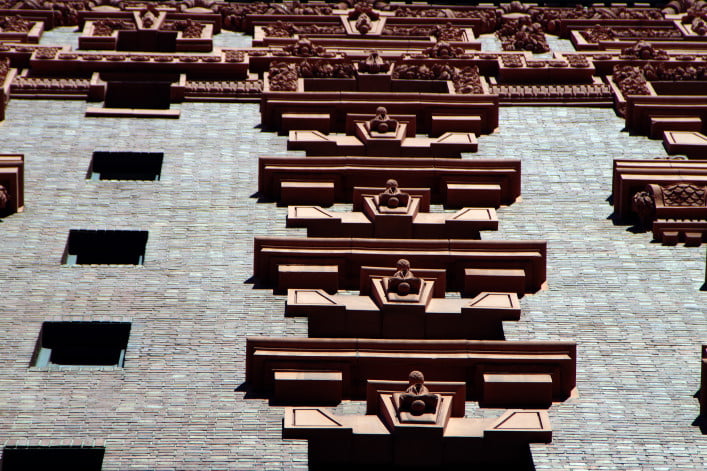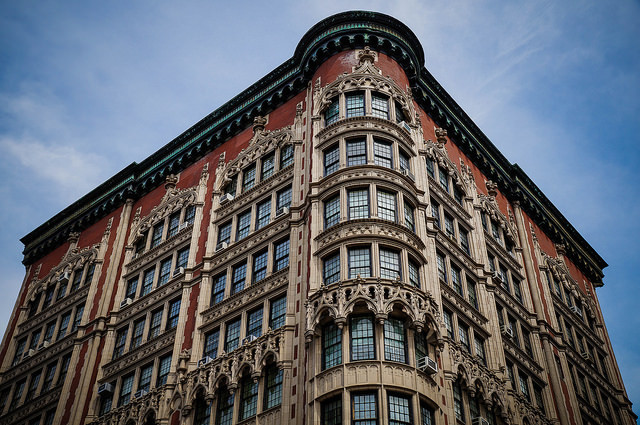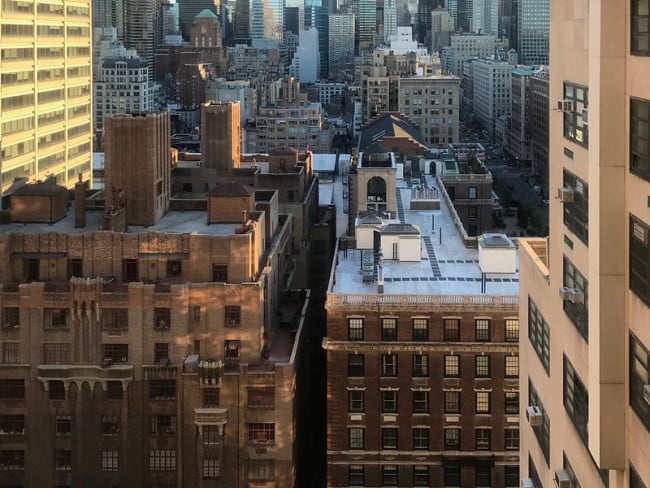Why do some buildings have such high monthly maintenance fees—and should it affect my decision to buy?
I'm looking to buy, and a lot of the co-ops that are in my price range have very high monthly maintenance. Why is this difference so dramatic between buildings? And is there ever a potential upside to buying an apartment with high monthlies, or should I just avoid these properties?
Apartments with especially high maintenance fees will often sell for a steep discount, but you'll want to make sure that the building is financially healthy—and that you can truly afford the hefty monthly bills, say our experts.
"Monthly maintenance charges in a Manhattan co-op are made of an array of fixed costs, such as real estate tax, insurance, fuel, utilities, labor, and routine building upkeep," explains Sotheby's International Real Estate broker Gordon Roberts. "The number of building staff, management costs, debt service [i.e. mortgage payments], and luxury shared amenities (such as a pool) will also add to the fixed costs." Taxes are included in the maintenance, as well. Monthlies also tend to be high in smaller buildings with fewer shareholders to divide and conquer the expenses.
While there's no standard level for maintenance fees, the New York Daily News reported last year that the average fees for a Manhattan co-op clocked in at around $1,500/month. (And Miller Samuel regularly tracks average per-square-foot maintenance and common charges here, to give you a barometer.) You'll certainly see numbers on the much higher and lower end of the spectrum, and can expect maintenance fees to be much lower in the outer boroughs. And as far as whether or not a lowered selling price offsets higher maintenance fees, the best thing to do is calculate price based on your total monthly expenses—mortgage and maintenance combined—and assess potential purchases based on that rather than simply the asking price, which doesn't tell the whole story.
Triplemint's Off-Market Advantage
Looking for a co-op or condo with low monthly fees? Discover off-market brownstones and apartments in your dream neighborhood that suit your needs and budget. Meet and deal with sellers before their home hits the market.


Let Triplemint's off-market team give you exclusive access to apartments and brownstones in your price range and desired neighborhood that no one else has seen. More options, less competition, no bidding wars.
Though no one wants to shoulder heavy maintenance payments in addition to their mortgage, there are a couple of bright spots to consider here. The first is that high monthlies generally means lower sales prices for apartments—consider the case of this $349,000 Lenox Hill one-bedroom in the Beekman co-op, which is priced well below the market for the area, but comes with monthly maintenance charges of $2,581/month. If you've got wiggle room in your budget, this could be a case of choosing your poison between taking on a larger mortgage for a more expensive apartment, or committing to high payments every month but a lower amount of total debt.
"Be sure to consider the total carrying costs of mortgage and maintenance combined, and adjust your search accordingly," says Roberts.
Another factor to consider here is the potential tax deductability of your monthlies. Though maintenance charges cover a variety of expenses, a significant chunk is usually allocated for the building's mortgage, says Kevin McConnell, an attorney with Himmelstein, McConnell, Gribben, Donoghue, & Joseph (FYI, a Brick sponsor). "Much of the mortgage payment consists of interest payments," McConnell explains. "Since the interest payments are tax-deductible (as are the real estate taxes paid on the building), and therefore have tax advantages to the owner, any analysis as to the cost of the maintenance to you should be calculated after taxes."
Your broker should be forthcoming about the reasons for the building's high fees, but as with any purchase, it's essential to have your attorney go over the building's financials with a fine-toothed comb to determine if the extra costs might be a sign of a larger problem. "Your attorney will uncover any red flags concerning the co-op's financial management, as well as the history of maintenance increases, planned capital imporvements, pending or past law suits, deferred maintenance, and such," says Roberts.
The attorney should also check the status of the building's mortgage to see if they have a "balloon" payment looming, in which a large amount of the principal will be due. "When it comes due, most buildings refinance their mortgages, so you have to take into account what effect a higher interest rate will have on your monthly maintenance, accounting for the tax deductibility," says McConnell.
Also keep in mind that the monthlies are unlikely to ever go down—though it does sometimes happen once the building pays off a major debt—and that they'll most certainly affect your potential asking price if you decide to sell in the future. "In my view, there is no potential financial upside in buying an apartment with high monthlies," says Roberts, "but you might be able to justify it emotionally if it's an apartment with enduring qualities, the building is financially 'healthy,' and you can absolutely afford to carry it."
Trouble at home? Get your NYC apartment-dweller questions answered by an expert! Send us your questions.
See all Ask an Expert.
You Might Also Like


























